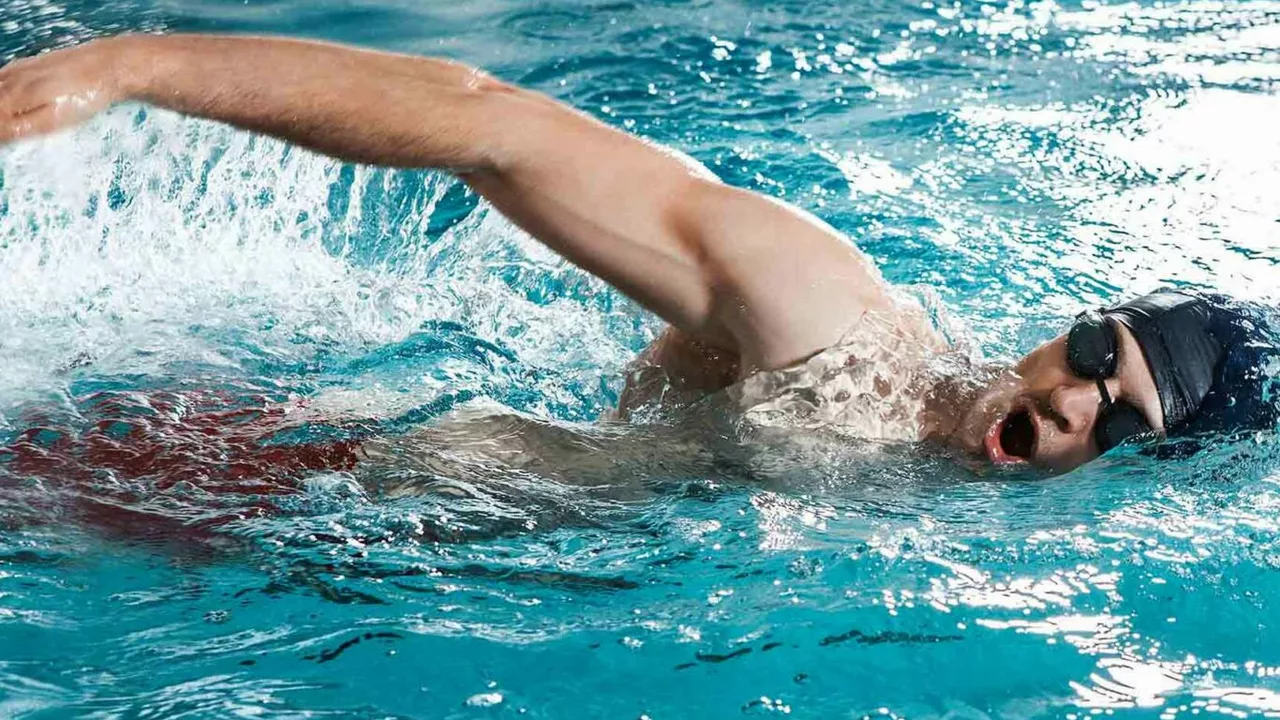Understanding Breathe-Swim Balance
Your first encounter in water may have taught you the very cardinal rule – “Don’t breathe underwater!” And let's be honest here, Caspian didn't deviate from that rule initially, too. Yet as you progress as a swimmer, the rule somehow subtly shifts to “Yes, but…” That strategically placed “but” is just a gateway scratching the surface of the deep correlation between breathing and swimming. Why rewrite the basic survival rule? Because efficient breathing can uplift your swimming experience from mere survival to absolute domination! With the right breathing techniques, you not only stay afloat but can also gain better control, endurance, and speed.
Boosting Stamina through Breathing
The very core of every physical activity lies in stamina – a quintessential fuel that determines the length and quality of your performance. It might sound bizarre to some, but yes, breathing plays a significant role in stamina-building. Just think about a car running low on gas – it can move, but not efficiently. The same principle applies to human bodies; oxygen is our fuel. As we exercise, our body demands more oxygen to generate energy, and the lack of it can lead to quick exhaustion. See, how something as basic as breathing, often taken for granted, can be a game-changer in swimming?
When swimming, your body is in a constant grind, all your muscles are functioning synchronously, and your energy expenditure is much higher than in terrestrial sports. Caspian, to his surprise, once experienced what it's like running out of breath mid-lane. Watching other swimmers cut through the water effortlessly while barely managing to keep myself afloat was a reality check. From there, the journey of unraveling the power of mastered breathing began.
The Art of Efficient Breathing in Swimming
We all know how to breathe, but when it comes to swimming, the goal is to optimize that instinctive mechanism scientifically. Sounds daunting? Trust me, it's not rocket science but a matter of practice and understanding. To swim smoothly, your breathing needs to coordinate with your strokes count, turn, and dive. The golden rule is to exhale when your face is submerged and to inhale while turning your head sideways. Overthinking and panic can interfere with this process, causing shortness of breath. Practice, along with equanimity, can help in halting that disruptive fear.
Ever wondered why professional swimmers exhale underwater? Because in doing so, they get ample time to take a full, fresh breath when they turn their heads up. This practice prevents carbon dioxide buildup, facilitating better oxygen circulation and hence, improved stamina. Lastly, don't underestimate the power of your diaphragm. Shallow chest breathing doesn't meet the high oxygen requirements of swimming, but deep diaphragmatic breathing does.
Adding Power to the Strokes
Breathing not only fuels you but can also add power to your strokes. When timed correctly, breathing can provide an extra push, making your strokes more robust and controlled. Think of your body as a buoy, lung inflation helps maintain that buoyancy. When you turn your head for air, your opposite hip sinks a bit, and leveraging this can add additional thrust to your strokes. The trick is to inhale swiftly and exhale gradually, aligning this with your stroking rhythm.
Swimming with Mind-Body Awareness
Breathing is a natural process, and when we synchronize it with conscious awareness, the benefits can transcend physical advantages. Focusing on your breath can instill a sense of calm and improved focus. It's similar to the principles of mindfulness meditation, where breath awareness is a common practice. The rhythm of breathing can create a meditative state that supports improved concentration and relaxation under pressure. At the risk of sounding too zen-like - it's all about harmony. The harmony between your mind and body, between your strokes and breath, and between you and the water.
In conclusion, breathing in swimming is like composing a symphony. Each note, each breath matters, and together they make a masterpiece - seamless swimming. So next time, before you plunge into the pool, take a moment to focus on your breathing. Remember, the goal is not just to keep swimming, but to swim better and efficiently.
 Jul, 28 2023
Jul, 28 2023
